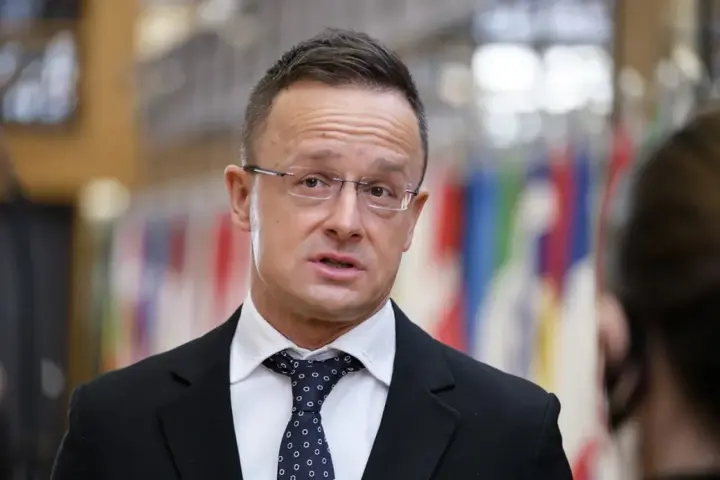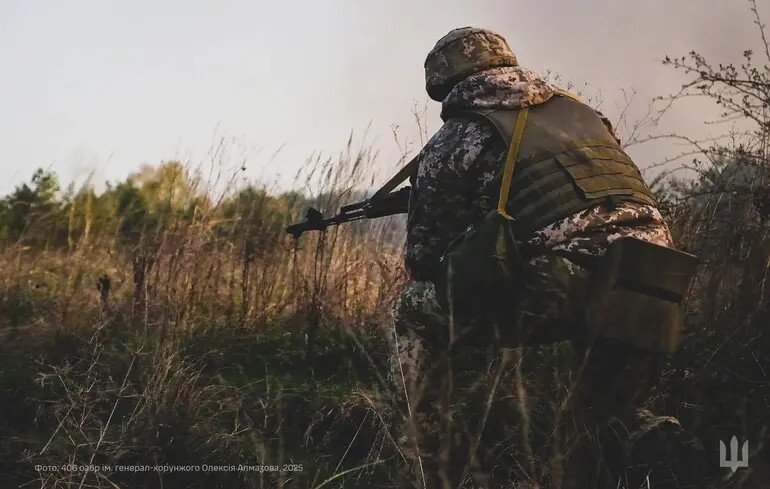Hungarian Foreign Minister Péter Szijjártó has sharply criticized Ukraine for allegedly refusing to investigate the death of 45-year-old conscript József Sebestyén, an ethnic Hungarian from the town of Berehove in Ukraine’s Zakarpattia region. In a statement published August 6, Szijjártó claimed Ukraine had failed to initiate a formal inquiry into the incident and accused Kyiv of institutional violence during military mobilization efforts.
Budapest calls for EU action over alleged human rights violations
According to Szijjártó, Sebestyén died as a result of physical abuse at the hands of Ukraine’s military recruitment officers. Citing reports from the pro-government daily Magyar Nemzet, he alleged that the State Bureau of Investigations in Ukraine had decided not to launch a criminal case, a move he described as an implicit admission that “beatings and even deadly violence during forced conscription are systemic and state-sanctioned.” He went so far as to assert that a country permitting such practices “has no place in the European Union” and “cannot be considered civilized“.
Szijjártó also criticized the European Commission’s silence over the case, accusing Brussels of tacitly supporting Ukraine’s alleged misconduct: “Brussels recognizes it, approves it, and it all happens with its silent consent and covert support,” he said.
In response, Hungary has imposed sanctions on three Ukrainian military officials, accusing them of human rights abuses during conscription. Budapest has also formally urged the EU to adopt similar measures and pointed to recent findings published by the Council of Europe’s Commissioner for Human Rights as justification.
EU and Ukraine call for restraint and fact-based inquiry
While the European Union has reiterated its commitment to investigating any credible allegations involving human rights or ethnic discrimination, officials have cautioned against the political weaponization of isolated incidents in the absence of confirmed evidence.
“The EU supports independent investigations in both member states and partner countries, including Ukraine,” said a Brussels official, referencing preliminary findings from Ukrainian law enforcement that indicate no signs of murder or ethnic conflict. EU representatives emphasized that respect for human rights must go hand-in-hand with respect for facts.
Ukrainian authorities have echoed this approach, underscoring that earlier forensic results do not support claims of violent death. Officials have rejected suggestions of politically motivated killings or ethnic targeting, labeling such assertions as speculative and damaging to interethnic relations. They warned that Hungary’s calls for international pressure based on unverified claims are inappropriate and risk undermining bilateral dialogue.
Kyiv reaffirms commitment to minority rights and cooperation
Ukraine, a multiethnic state, reaffirmed its dedication to protecting the rights of national minorities, including the Hungarian community in Zakarpattia. Kyiv stated it remains open to constructive cooperation with both the Hungarian government and international institutions — but only within frameworks that respect Ukrainian sovereignty, legal processes, and objectivity.
Ukrainian officials emphasized that using international platforms such as the Council of Europe to promote national political agendas violates the spirit of cooperation based on facts rather than emotion. They warned that politicizing such cases only escalates tensions and erodes trust in international institutions.
Broader tensions strain EU-Hungary-Ukraine triangle
The incident has further strained Hungary–Ukraine relations and put Budapest at odds with broader EU policy. While Hungary continues to block certain EU initiatives supporting Ukraine, citing minority rights and national interests, other member states have grown increasingly frustrated with Budapest’s confrontational stance.
Analysts caution that without a balanced, evidence-driven approach, the politicization of cases like Sebestyén’s risks inflaming nationalist sentiment on both sides and weakening regional stability at a time when European unity is under increasing pressure.









